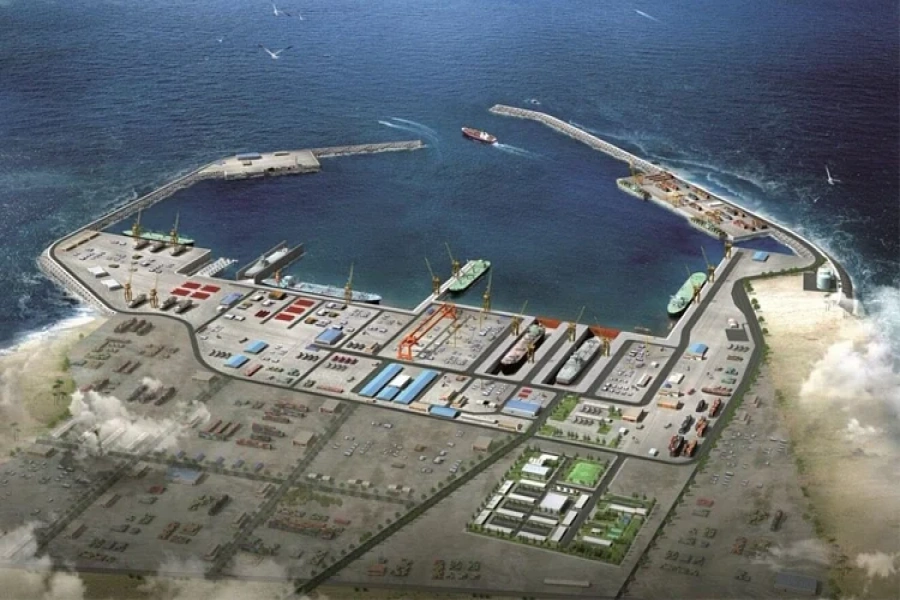The Far-west is seldom in the news for right reasons. We get to hear of it either reeling under a crippling food shortage, a problem made worse by striking transport unions that refuse to ply remote parts of the region; of rampant poverty and illiteracy; of epidemics gone out of control, to name just a few of its most notable problems. In the years gone by rarer were news on political activism of any kind in the region. How things have changed! The proposed restructuring of the state seems to have opened up a can of worms, as protests and counter-protests have intensified throughout the region. We don´t want to get into the suitability of any one model--although we believe equal weight should be given to questions of viability and identity. Here we only wish to highlight the pathetic state of the residents of the beleaguered region under an indefinite strike which has now entered its ninth day.
While one group, which has the backing of at least some sections of Nepali Congress and CPN-UML, has called for indefinite banda demanding the whole region be kept intact during restructuring, sections of the Tharu community have been protesting in favor of an autonomous Tharuhat state. Comparably, the banda enforced by those in favor of an undivided Far-west has had a wider effect; it has brought the entire region to a standstill. No vehicles are plying the roads, education institutions have been shut for over a week, vital food supplies been dwindling by the day. Even more worrying is the fact that local hospitals and healthcare institutions are running out of basic medication, even as people are finding it hard to get the sick timely treatment.
If this state of affairs continues, we fear there might soon be an acute humanitarian crisis in the region. The banda enforcers claim their demands have been neglected; the government at the center counters that they have been constantly trying to bring the protestors to the negotiating table, without much success. It appears the protestors are unconvinced their demands will be addressed. The best case scenario would be for the agitating sides to withdraw their protest programs in return for assurance of meaningful dialogue with the government as well as important political actors. The protestors must understand that the government by itself cannot decide on vital constitutional issues like demarcation of provinces.
And while they have every right to press for inclusion of their voice in constitution-making, they must also be cautious against a public backlash the longer the crippling banda continues. If the banda cannot be lifted, it is the duty of the protesting sides to ensure unhindered movement of vital supplies into the region. The government as well as the major political actors, meanwhile, must continue to send strong feelers and try to convince the agitating sides that every effort will be made to accommodate their voice in the new constitution.
'Social Welfare Act' to be amended as an umbrella act






































